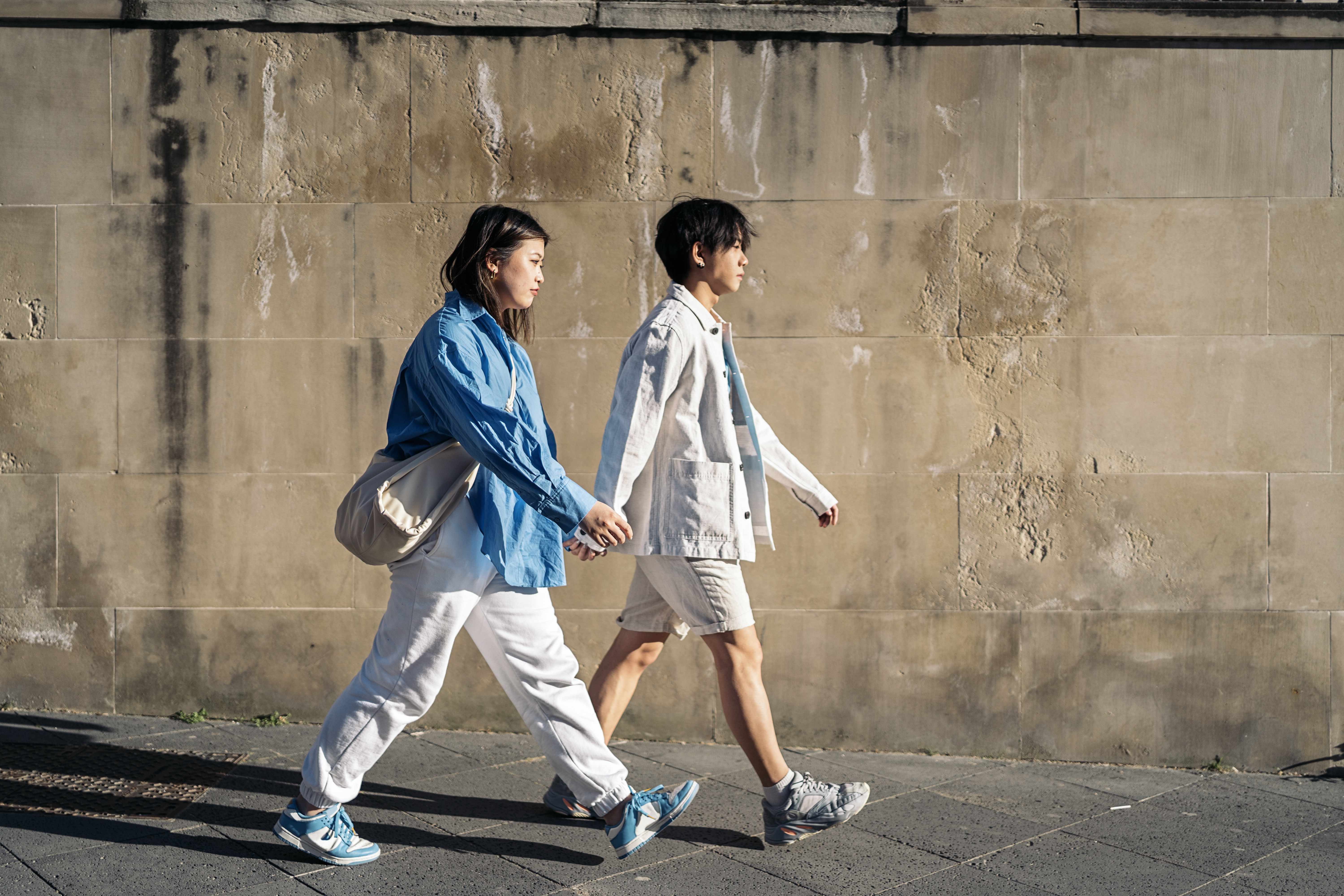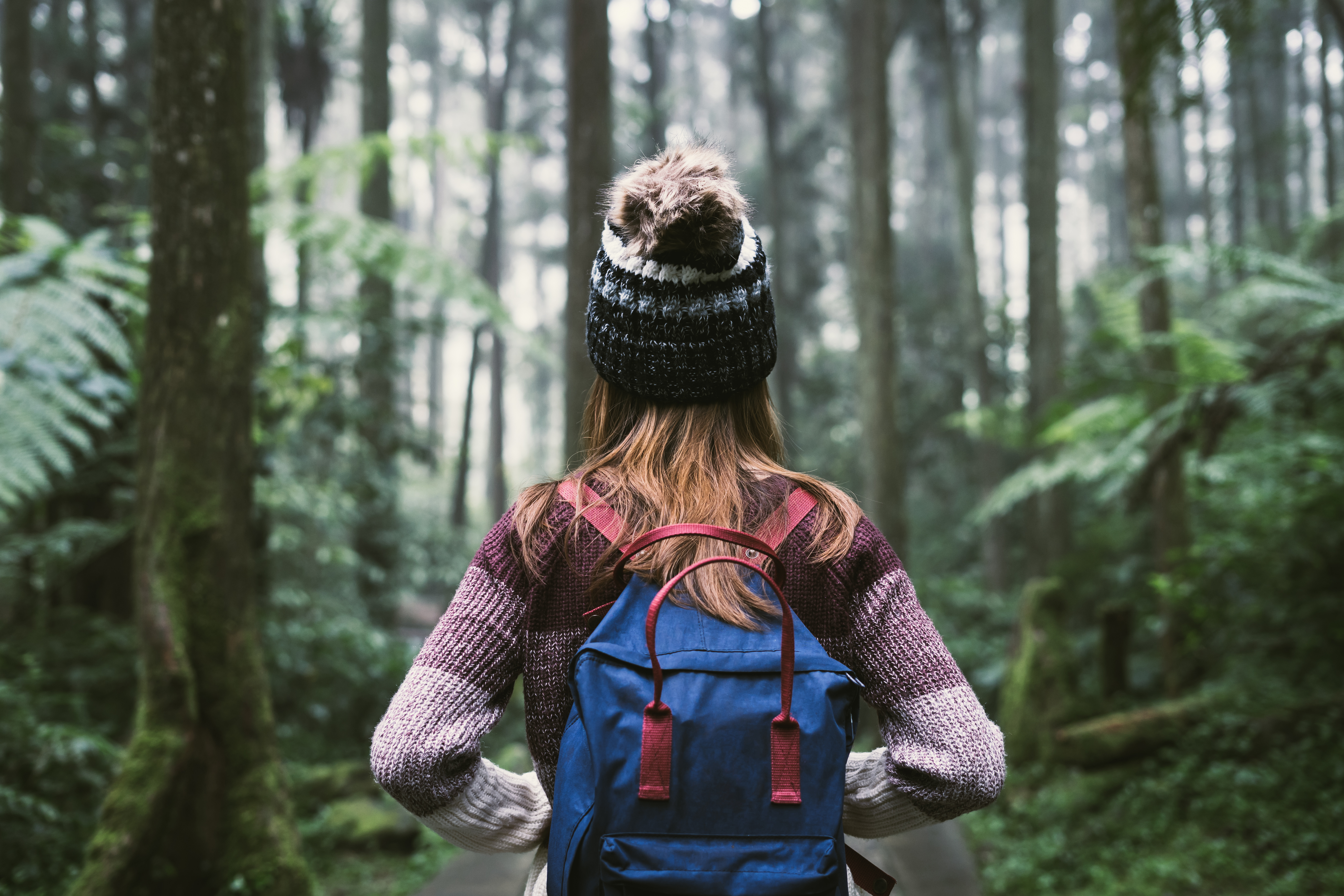What 5,000 Steps a Day Can Actually Do
In today's fast-paced world, the pursuit of health and well-being often feels overwhelming, with countless recommendations and guidelines to follow. However, emerging research suggests that simplicity may be key. Taking just 5,000 steps a day, a number far less daunting than the often-cited 10,000, can have profound effects on your life. This article explores 10 unexpected ways that this achievable daily goal can transform your physical, mental, and emotional well-being. From boosting cardiovascular health to enhancing creativity, the benefits of a modest daily stroll are both surprising and compelling.
1. Cardiovascular Health: A Step Towards a Stronger Heart

Walking 5,000 steps a day is a manageable goal that promotes cardiovascular health. Regular walking helps to lower blood pressure, improve circulation, and reduce the risk of heart disease. Studies have shown that moderate physical activity like walking can increase the heart's efficiency, leading to better oxygen delivery throughout the body. This simple habit strengthens the heart muscle, reduces bad cholesterol levels, and helps maintain a healthy weight, all of which are crucial for a robust cardiovascular system. By committing to this daily routine, you can significantly lower your risk of heart-related ailments.
2. Mental Clarity: Walking Your Way to Better Focus

Incorporating 5,000 steps into your daily routine can markedly improve mental clarity and focus. Walking increases blood flow to the brain, which can enhance cognitive function and concentration. The rhythmic nature of walking also promotes a meditative state, allowing the mind to declutter and organize thoughts more effectively. Many people find that walking helps them solve problems, spark creativity, and make decisions with greater ease. This mental refreshment can lead to improved productivity and a clearer, more focused mind throughout the day.
3. Emotional Balance: Finding Calm in Motion

Walking is not only beneficial for the body but also for emotional well-being. Engaging in a daily walk can help reduce symptoms of anxiety and depression by triggering the release of endorphins, the body's natural mood elevators. The gentle, repetitive motion of walking serves as a form of physical meditation, allowing individuals to process emotions and gain perspective. This emotional balance can lead to improved relationships and a more positive outlook on life. Walking outdoors, in particular, enhances these benefits by connecting individuals with nature, further boosting mood and reducing stress.
4. Creative Inspiration: Steps to Spark Innovation

Many creative professionals swear by the power of walking to stimulate innovation and generate new ideas. The act of walking frees the mind from the confines of a desk or screen, encouraging free-flowing thoughts and novel connections. Studies suggest that walking can increase creative output by up to 60%, as it allows the mind to wander and explore new possibilities without the usual constraints. Whether you're a writer facing a block or an entrepreneur seeking the next big idea, a daily walk could be the catalyst for your next breakthrough.
5. Social Connections: Building Bonds on the Move

Walking can also serve as a social activity, providing opportunities to strengthen relationships and build new connections. Walking with friends or family offers quality time to engage in meaningful conversations without the distractions of technology. Group walks or walking clubs can introduce you to new people, expanding your social circle and providing a sense of community. These interactions can lead to stronger social bonds, which are linked to increased happiness and even longevity. By making walking a shared experience, you enhance both your physical health and your social well-being.
6. Immune Boost: Fortifying Your Body's Defenses

Regular walking can bolster the immune system, making you less susceptible to illnesses. Physical activity increases the circulation of immune cells, allowing them to detect and combat pathogens more effectively. A daily routine of 5,000 steps can lead to a stronger immune response, reducing the frequency and severity of colds and infections. Furthermore, walking helps to regulate the body's inflammatory response, which is crucial in preventing chronic diseases. By incorporating this simple exercise into your lifestyle, you can enhance your body's natural defenses and maintain better overall health.
7. Sleep Improvement: Steps to Restful Nights
Achieving a daily goal of 5,000 steps can significantly improve the quality of your sleep. Physical activity helps to regulate the body's internal clock, promoting a more consistent sleep-wake cycle. Walking reduces stress and anxiety, which are common culprits of sleep disturbances. Additionally, the physical exertion from walking can lead to deeper, more restorative sleep, allowing you to wake up feeling refreshed and energized. By integrating walking into your daily routine, you can enjoy more restful nights and improved overall well-being.
8. Longevity: Walking Towards a Longer Life

The simple act of walking can contribute to a longer, healthier life. Research indicates that moderate physical activity, such as walking 5,000 steps a day, is associated with reduced mortality rates and increased life expectancy. Walking helps to prevent chronic diseases, maintain a healthy weight, and improve mental health, all of which are factors that contribute to longevity. By adopting this habit, you are investing in your future, ensuring that you remain active and vibrant well into your later years.
9. Environmental Awareness: A Step Towards Sustainability

Walking not only benefits personal health but also promotes environmental sustainability. Choosing to walk instead of driving reduces carbon emissions and fossil fuel consumption, contributing to a cleaner, healthier planet. Walking encourages a slower pace of life, allowing individuals to become more aware of their surroundings and appreciate the natural world. This heightened awareness can lead to more environmentally conscious decisions and a greater commitment to sustainable living. By walking more, you are not only improving your health but also playing a part in preserving the environment for future generations.
10. Financial Savings: Economizing with Every Step

Incorporating walking into your daily routine can lead to significant financial savings. Walking is a low-cost form of exercise that requires no special equipment or gym memberships. By choosing to walk instead of driving for short distances, you save on fuel, parking fees, and vehicle maintenance costs. Walking can also reduce healthcare expenses by improving overall health and reducing the risk of chronic diseases. These savings can accumulate over time, allowing you to allocate resources to other areas of your life, such as travel, education, or hobbies.
Embrace the Journey

The journey of 5,000 steps a day offers a multitude of benefits that extend beyond physical health. From enhancing mental clarity and emotional balance to fostering creativity and social connections, walking is a powerful tool for transformation. By embracing this simple yet effective habit, you can improve your quality of life in unexpected and meaningful ways. The path to well-being is not about grand gestures but rather the small, consistent steps that lead to lasting change. So lace up your walking shoes and take the first step towards a healthier, happier you.